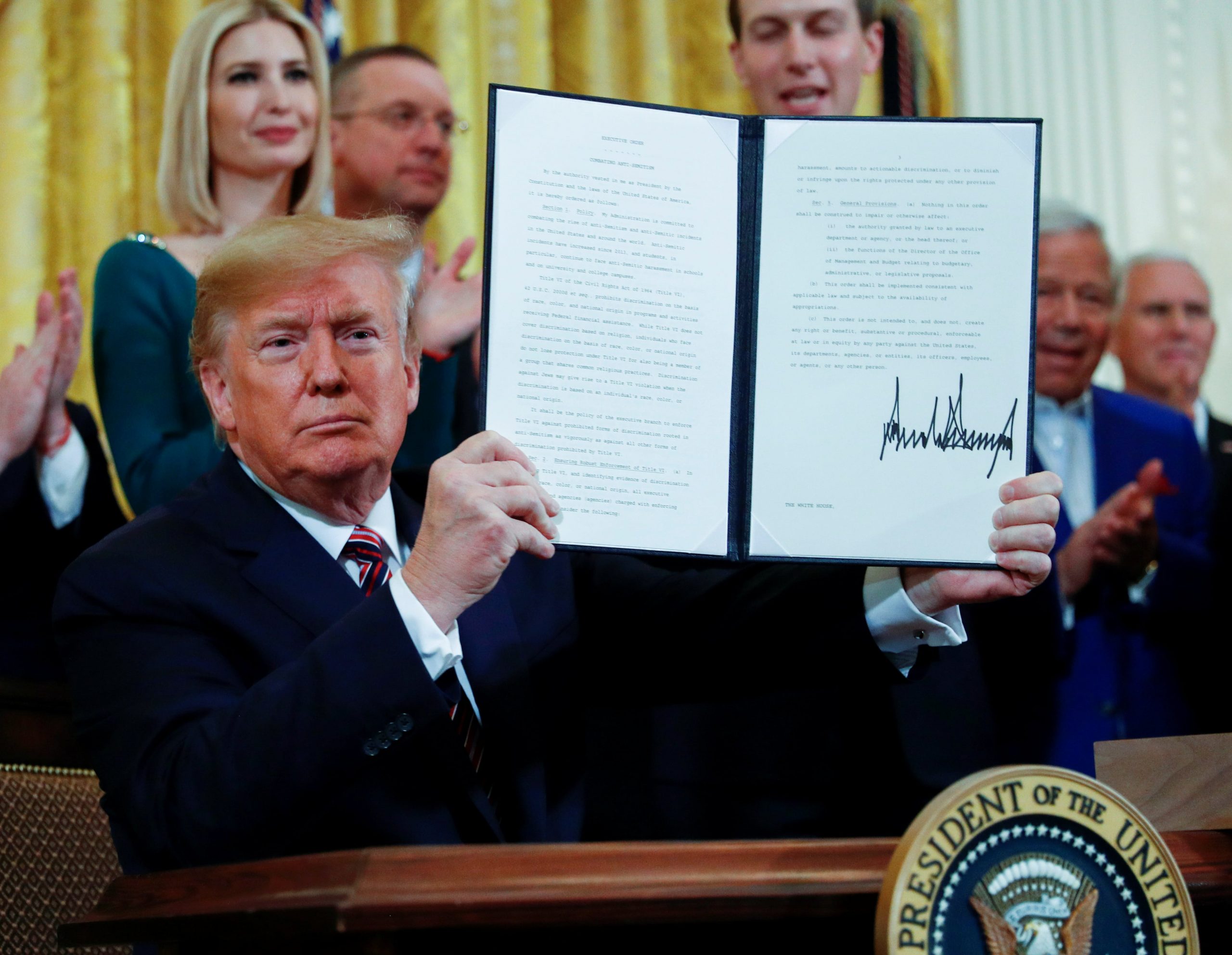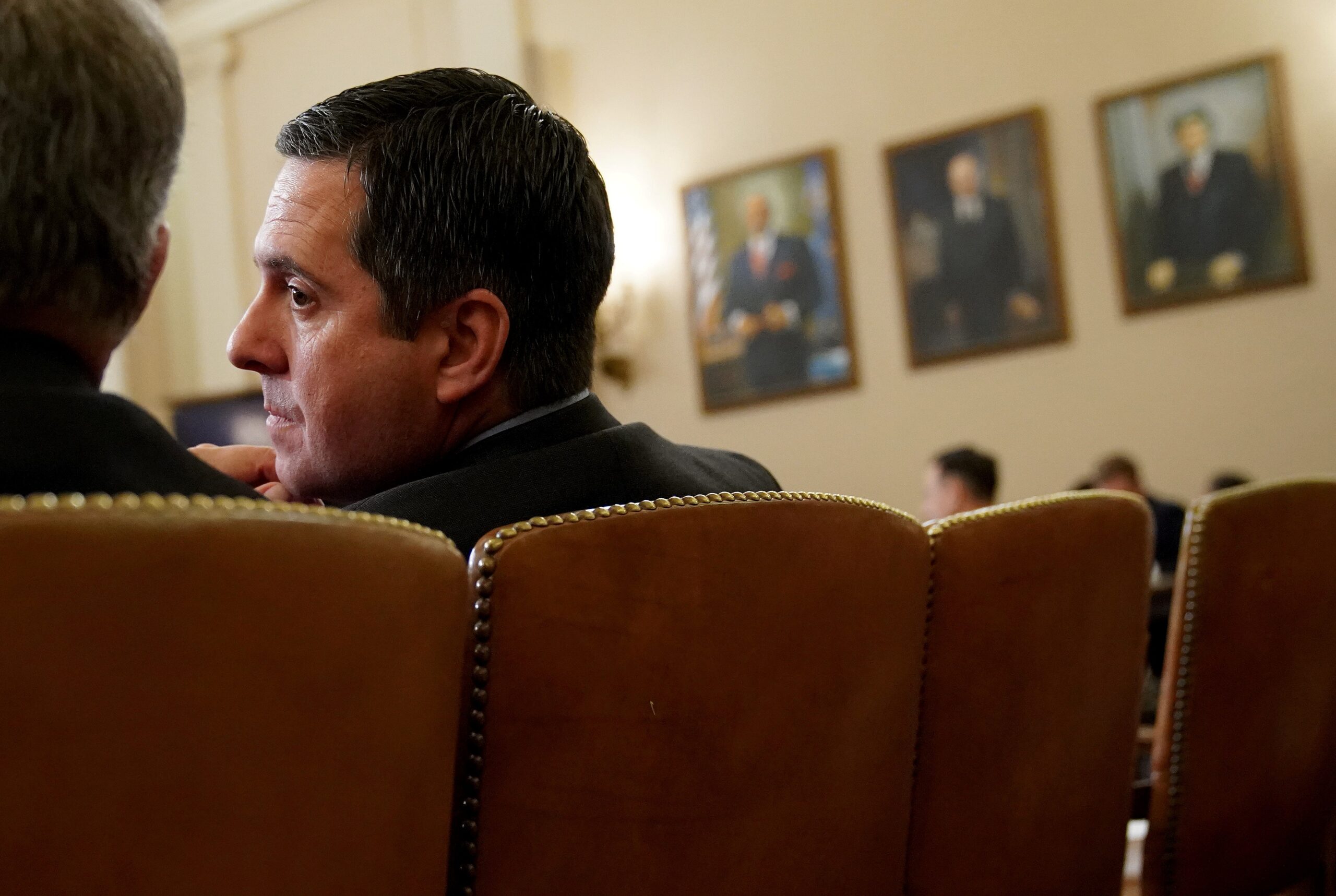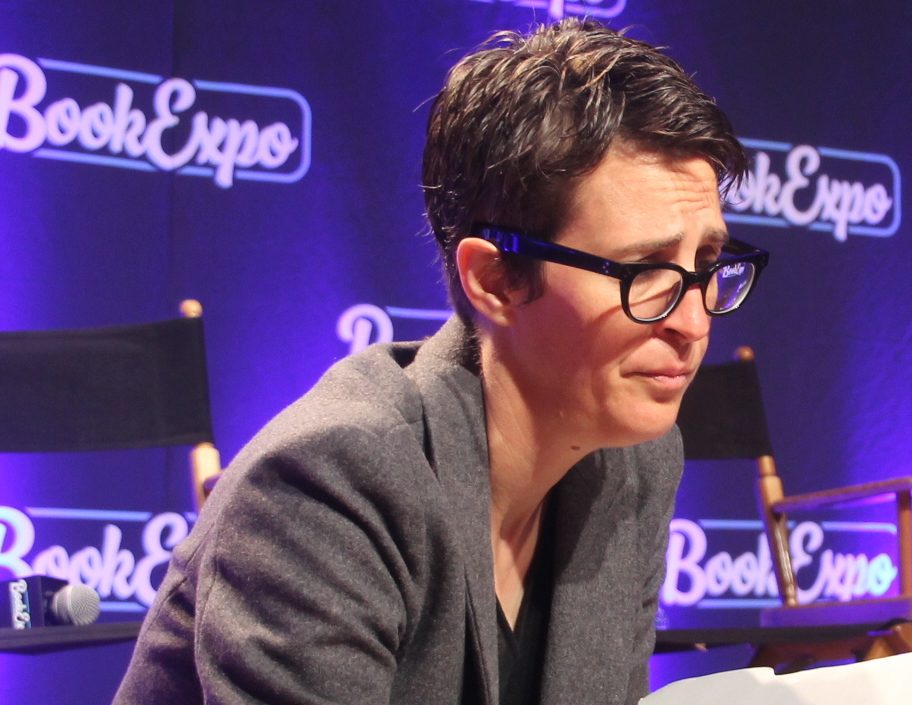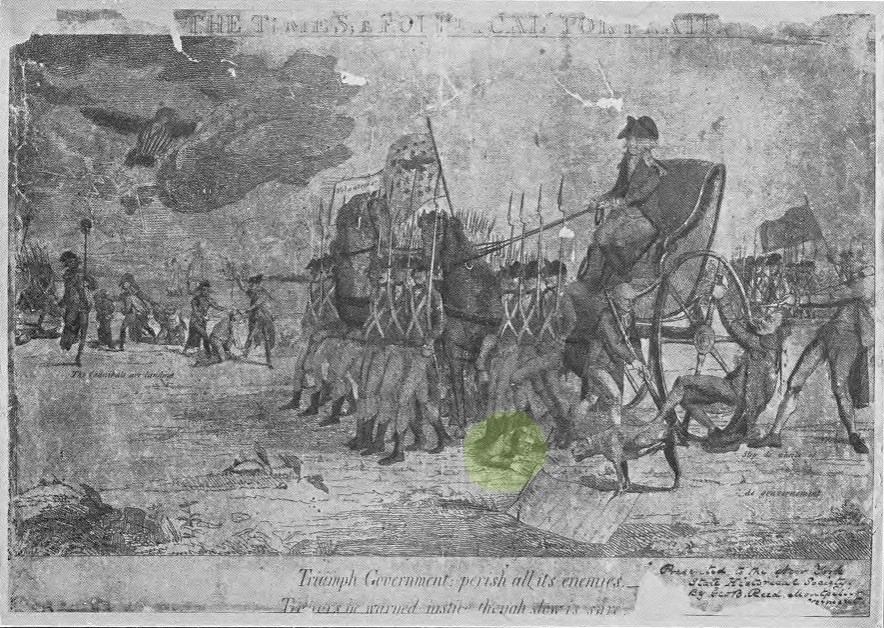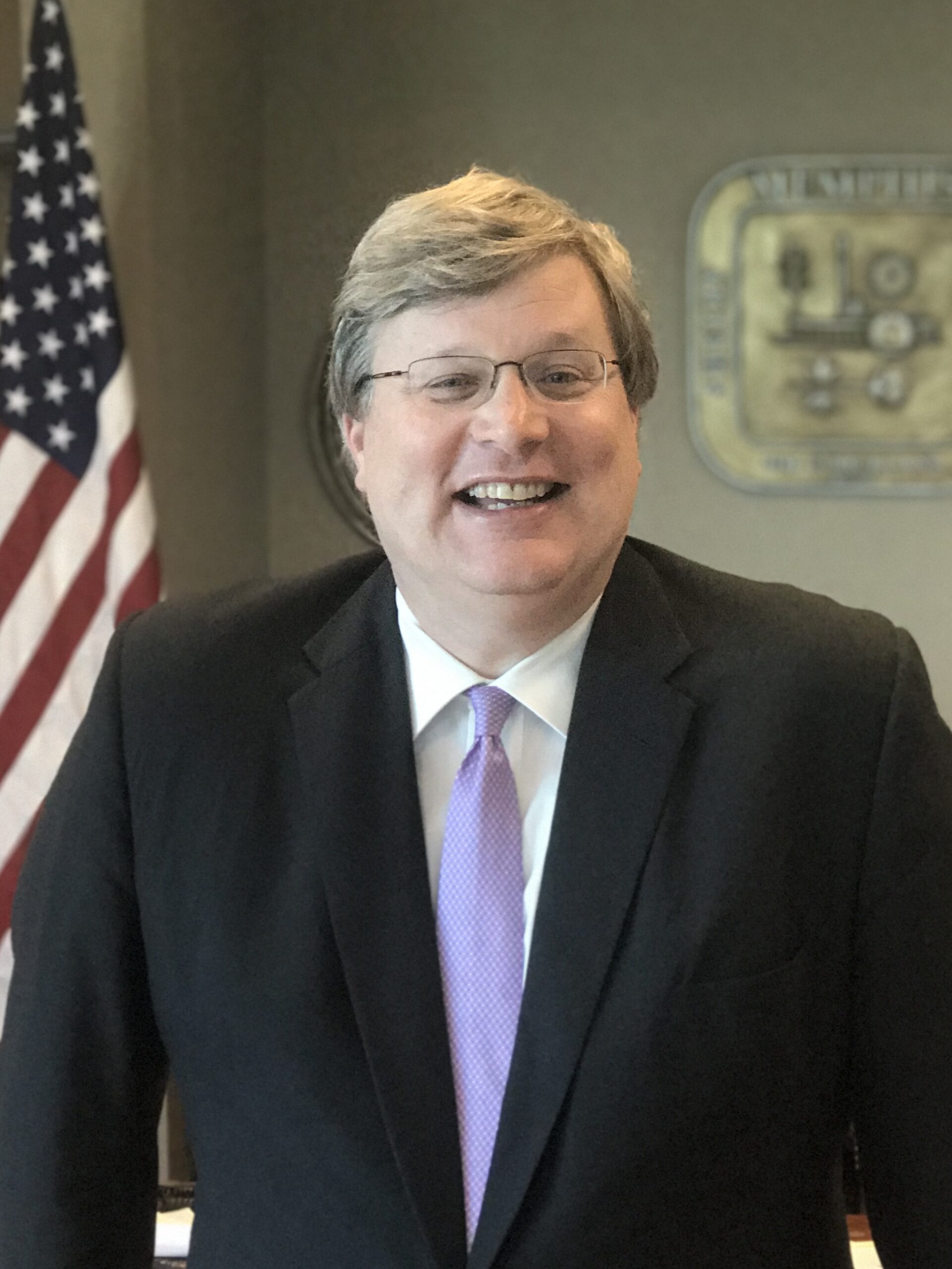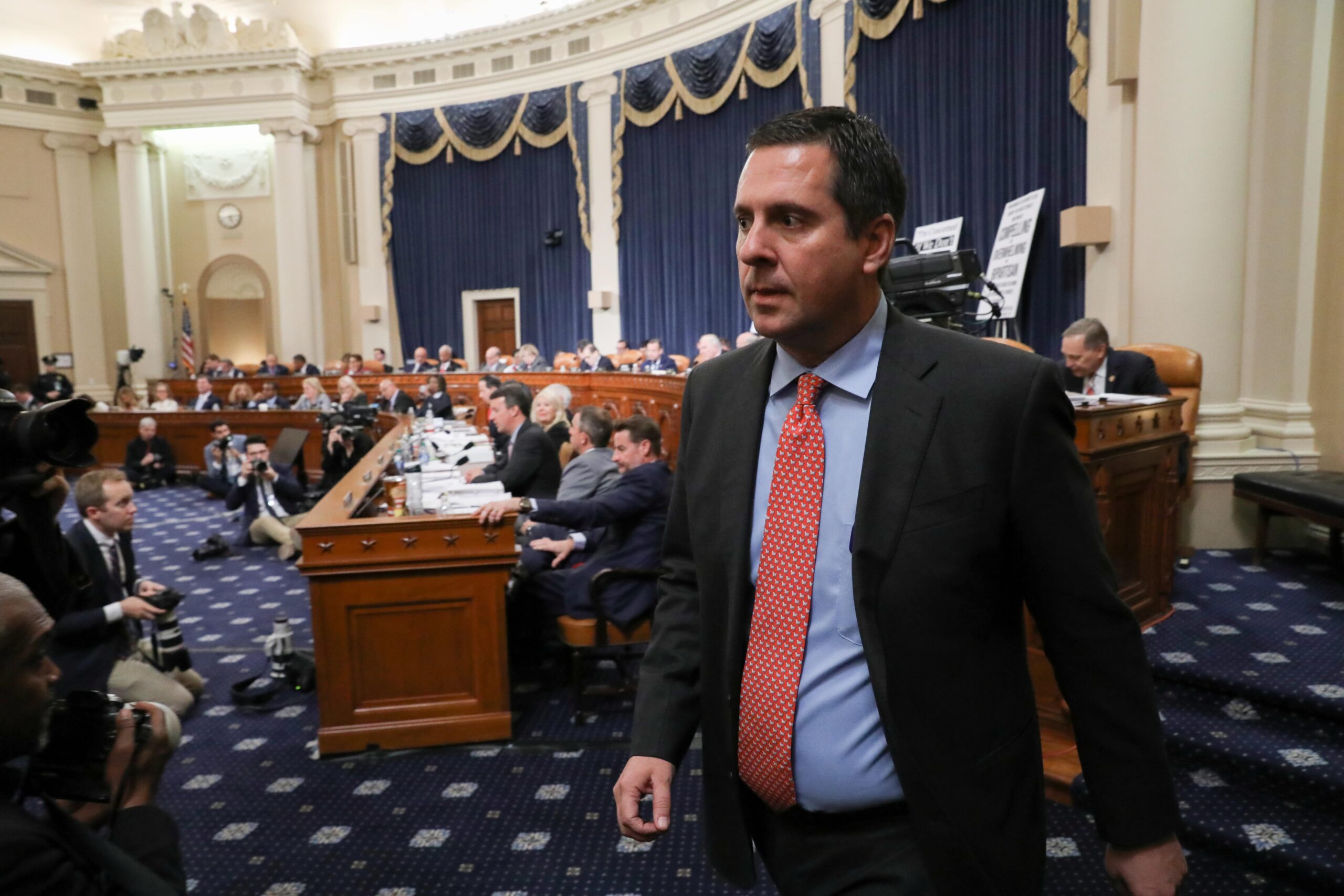Trump Signs Order Curtailing Protections for Social Media Companies
On May 28th, President Donald Trump signed an executive order that aims to roll back legal protections for social media platforms. His order was immediately met with withering criticism from First Amendment experts.
"[T]he Court has significant concerns about forum shopping," U.S. District Court for the Eastern District of Virginia Judge Robert E. Paynes wrote. "As the Court has explained to Plaintiff's counsel on numerous occasions, the Court cannot stand as a willing repository for cases which have no real nexus to this district.”
Judge Dismisses OAN’s $10 Million Libel Suit Against MSNBC’s Rachel Maddow
"Maddow had inserted her own colorful commentary into and throughout the segment, laughing, expressing her dismay (i.e., saying 'I mean, what?') and calling the segment a 'sparkly story' and one we must 'take in stride,” Bashant wrote. Adding, "for her to exaggerate the facts and call OAN Russian propaganda was consistent with her tone up to that point, and the Court finds a reasonable viewer would not take the statement as factual given this context.”
Fox News Asks Judge to Dismiss Misinformation Suit
On May 21st, a lawyer for Fox News asked a Seattle judge to throw out a lawsuit accusing the cable network of spreading false information about COVID-19. The suit, filed in the Superior Court in Washington County of King on April 2nd by the Washington League for Increased Transparency and Ethics (WASHLITE), accuses the cable news network of violating the state’s Consumer Protection Act.
When Benjamin Franklin’s Grandson was Jailed for Criticizing President Adams
For those who cannot imagine a time less favorable to a free press than the present moment, Ronald K.L. Collins' essay serves as a useful reminder that some of the biggest threats to the First Amendment took place in the first decade following ratification.
Dental Health Company Files $2.8 Billion Defamation Lawsuit Against NBC
SmileDirectClub, a company that sells teeth straightening kits directly to consumers, has sued NBC News and reporter Vicky Nguyen over a story that suggested the product may cause oral health problems.
Memphis Journalist Sues Mayor For Excluding Her on Media Advisory List
“No politician likes being the subject of critical coverage, but that comes with elected office, and I would be abdicating my role as a journalist if I failed to hold local government, including the City of Memphis, accountable,” Thomas said in a press statement.
Nunes Family’s Lawsuit Against Reporter Fails to Meet Defamation Standard, Judge Rules
After analyzing the sixteen allegedly defamatory statements, U.S. District Court Judge C.J. Williams found that the plaintiffs had neither identified what about them was false nor provided any facts that would have shown them to be false.
